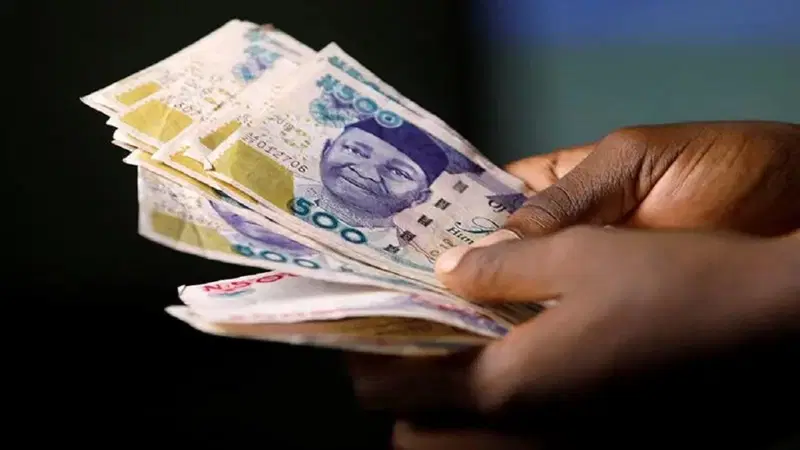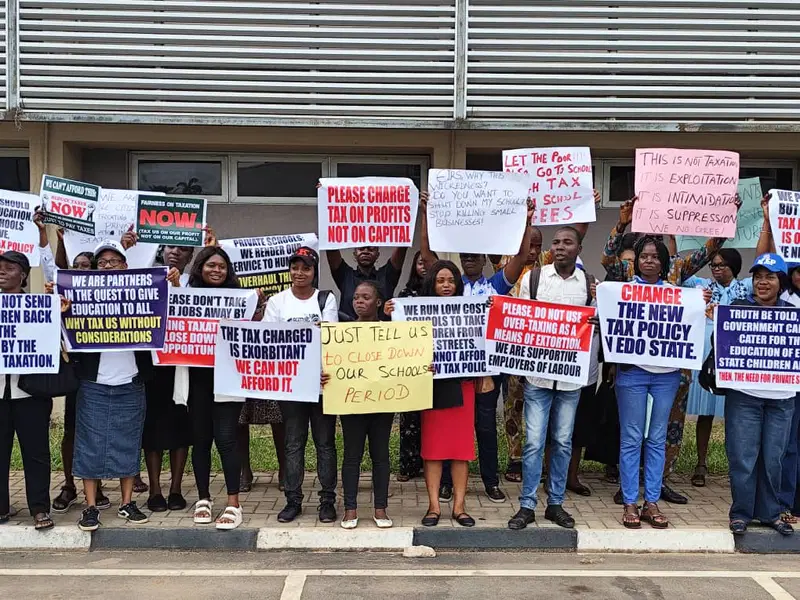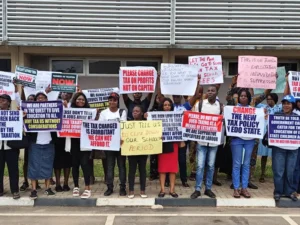- Foreign Investment Outflow: Foreign investment outflow from the Nigerian stock market exceeded inflow by 78% in January, with N45.85 billion in outflow compared to N25.66 billion in inflow .
- Dollar Scarcity: The upward trend in foreign exchange outflow has resulted in dollar scarcity, triggering a steady depreciation of the naira in both the parallel and official markets .
- Reversal of Gains: The naira’s depreciation has reversed the gains made in the first two months of the year, with the currency losing 7.4% of its value in the parallel market over the past two weeks .
- Impact on Businesses: The depreciation of the naira is expected to have a negative impact on businesses that rely on imported goods, as they will have to pay more for their imports .
- Call for Policy Intervention: The Association of Bureaux De Change Operators of Nigeria (ABCON) has called for policy intervention to address the depreciation of the naira and stabilize the foreign exchange market .
The impact of the ongoing tariff war between the United States and other countries on the Nigerian economy, particularly on the foreign exchange market.
The uncertainty caused by the tariff war has led to a decline in investor confidence, resulting in significant losses in global stock markets. This has also triggered a foreign exchange outflow from Nigeria, prompting a two-week depreciation of the naira.
The Central Bank of Nigeria (CBN) intervened in the forex market by selling $500 million to boost supply, but the naira still depreciated week-on-week. Currency dealers in the parallel market attributed the sharp depreciation of the naira to weak dollar supply caused by a combination of factors.
The Association of Bureaux De Change Operators of Nigeria (ABCON) emphasized the need for CBN’s intervention to sustain dollar supply in the forex market. ABCON President, Aminu Gwadabe, noted that the recent naira regression to heightened volatility is sad and worrisome among many stakeholders.
Gwadabe attributed the steady naira depreciation to a host of factors, including too much unearned income pressures on the exchange rate, inhibitive policies, speculators’ resistance, and loss of confidence in the store value of the naira.
He emphasized the need for the CBN to maintain its catalytic role in the market through consistent supply measures to dampen speculative activities. Gwadabe also called for the apex bank to issue forward communication on their policy resilience and the resultant benefits to checkmate illegal economic behaviors.





















